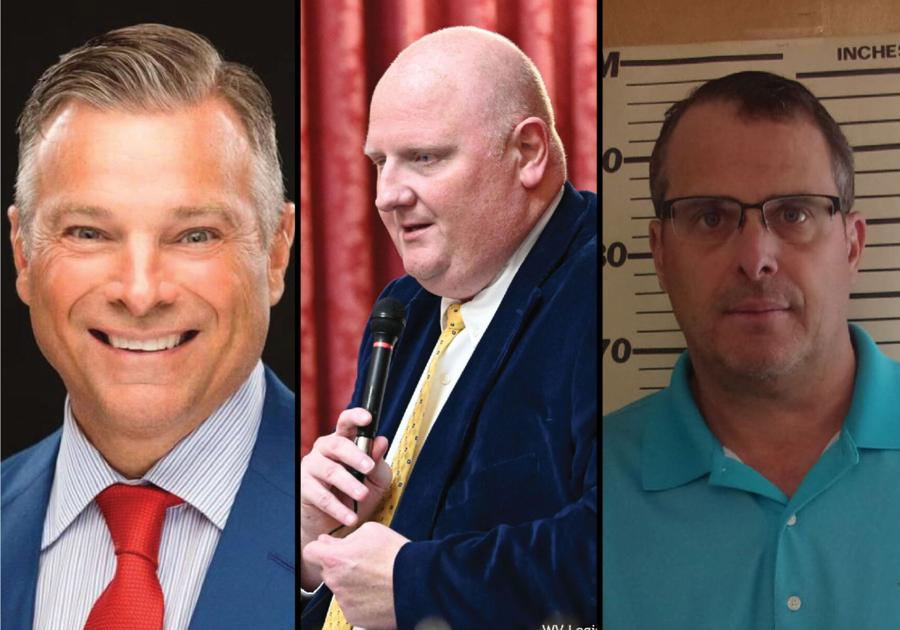
For a long time, the United States expected more from its politicians.
They were ordinary people with extraordinary power. They got away with a lot. But when they got caught, Americans expected them to be held to the higher standard of conduct that applied to any office representing the people.
Some might recall how a sex scandal ended the presidential bid of Democrat Gary Hart in 1988. Or how Republicans, realizing duty over party, joined the Democrats to close in on Richard Nixon in 1974, assuring he would have to resign or he would be removed from office for his role in the Watergate scandal.
The landscape looks so much different today. And it has been a gradual shift. Sure, there are still career-ending moments (the Al Franken photo comes to mind), or some sort of conciliatory action like a public apology, but even those are becoming more rare. Shamelessness without repercussion is more the norm.
Nowhere is this more apparent than in West Virginia.
Take, for instance, Sen. Mike Maroney, R-Marshall, who has twice been linked to prostitution in the past two years and is facing criminal charges from the 2019 case. After an incident in August, which involved the arrest of an alleged prostitute leaving Maroney’s home, the senator is crying foul, claiming a local police department is out to get him.
Or look at former Delegate John Mandt, R-Cabell, who has had numerous incidents in which he publicly made xenophobic or homophobic remarks, often offering up outlandish excuses after the inevitable backlash, then going back on the offensive once the dust cleared. Mandt finally racked up so many offenses that he recently resigned. But he’s still on the ballot and says he’ll take office if he’s reelected, portraying himself as some sort of cancel-culture victim instead of taking responsibility for his behavior.
Then there’s Delegate Eric Porterfield, R-Mercer, who last year went on an extended anti-gay rant in the news media after an ill-fated attempt to strip West Virginia municipalities of laws that protect the LGBTQ community from discrimination. Sure, there was some finger-waving from the higher-ups, but no action, and, from Porterfield, no apology.
Porterfield, however, is not on the ballot Nov. 3. That’s because, despite the delegate’s shamelessness, his constituents were embarrassed enough by him that he didn’t get enough votes to make it past the primary.
That is a powerful lesson, and a reminder that, no matter how low the bar seems to have sunk for behavior in public office, the people decide where they want that standard set.
Voters should never forget they have that power, and should always exercise their right to express it.
"behavior" - Google News
October 28, 2020 at 07:00AM
https://ift.tt/35AEppK
Gazette-Mail editorial: Voters decide what behavior is acceptable - Charleston Gazette-Mail
"behavior" - Google News
https://ift.tt/2We9Kdi
Bagikan Berita Ini














0 Response to "Gazette-Mail editorial: Voters decide what behavior is acceptable - Charleston Gazette-Mail"
Post a Comment